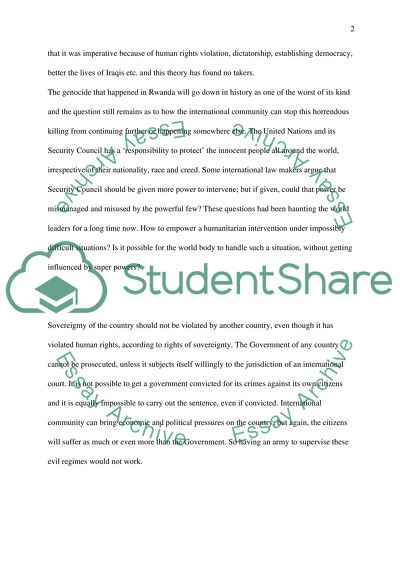Cite this document
(“Humanitarian intervention and International law Essay”, n.d.)
Retrieved from https://studentshare.org/miscellaneous/1536252-humanitarian-intervention-and-international-law
Retrieved from https://studentshare.org/miscellaneous/1536252-humanitarian-intervention-and-international-law
(Humanitarian Intervention and International Law Essay)
https://studentshare.org/miscellaneous/1536252-humanitarian-intervention-and-international-law.
https://studentshare.org/miscellaneous/1536252-humanitarian-intervention-and-international-law.
“Humanitarian Intervention and International Law Essay”, n.d. https://studentshare.org/miscellaneous/1536252-humanitarian-intervention-and-international-law.


